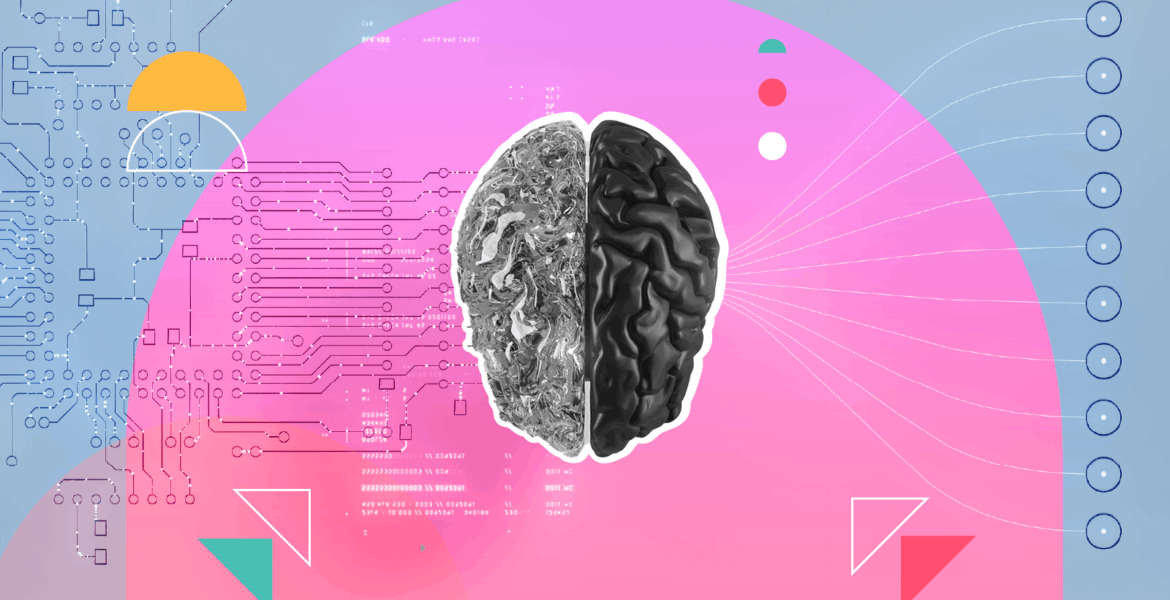By Budi Tanzi, VP of Product at Experian Marketing Services
Artificial intelligence is reshaping how marketers understand and connect with audiences, but one truth remains unchanged: AI only learns what your data teaches it. As machine learning becomes the backbone of marketing strategy, data quality determines whether AI becomes an accelerant or a liability.
Good data is more than a technical requirement. It is the difference between intelligence and illusion. Accuracy, consent, freshness, and interoperability form the foundation of AI that performs responsibly and predictively. Without them, even the most advanced systems risk amplifying bias, making poor predictions, or wasting media investments.
Accuracy Is the New Intelligence
As marketing moves toward autonomous decisioning, accuracy has become the truest measure of intelligence. AI models built on incomplete or conflicting data can’t make sound predictions. They only automate bad decisions faster.
Accuracy isn’t about quantity, but how deeply data has been verified, cleansed, and connected to real human identity. When marketers anchor their insights in truth, they can trust the outcomes that AI delivers.
Fresh Data Powers Predictive AI
AI thrives on recency. Consumer intent changes quickly, and static data can’t predict dynamic behavior. Marketers need systems that are continuously refreshed to reflect what’s happening now.
When models learn from real-time signals, they move beyond describing what happened—they anticipate what comes next. In an AI-driven world, freshness equals foresight.
Consent and Governance Build Trust
Privacy is now the defining principle of the data economy. As new regulations emerge across the United States, compliance can no longer be an afterthought. Responsible AI begins with transparent data collection and ethical governance.
Trust is through accountability and sustained through strong governance. The organizations that integrate privacy-first principles into every layer of their operations will not only meet regulations but also build lasting consumer confidence. Responsible governance is no longer a regulatory burden. It’s a brand advantage.
Interoperability Fuels AI’s Potential
AI delivers its best results when data moves freely and securely between systems. Fragmented environments limit understanding and make personalization inconsistent. Interoperability, securely linking identity, intent, and outcomes, creates the connections that make data truly intelligent.
When identity, intent, and outcome data link across platforms, marketers gain a complete view of the customer journey. This unified perspective helps AI uncover patterns, measure true performance, and deliver personalization that respects both privacy and context. The future of intelligence depends on connection, not collection.
Where AI and Human Judgment Meet
AI can find patterns faster than any analyst, but people give those patterns meaning. The most advanced organizations don’t use AI to replace human thinking. They use it to amplify it.
Human oversight ensures that data remains accurate, models stay fair, and decisions remain aligned with brand purpose. In the right partnership, AI doesn’t make marketing less human. It makes it more so, enabling teams to spend less time on manual optimization and more time on creative and strategic work.
The Next Era of Responsible Intelligence
The next phase of AI-driven marketing will be defined by who has the best data. The leaders of tomorrow will be the ones who value accuracy over volume, transparency over opacity, and human oversight over unchecked automation.
AI doesn’t eliminate the need for strategy. It raises the standard for it. And in this new era of intelligent marketing, good data isn’t just a technical asset. It’s the foundation of trust, performance, and progress.
Will our data teach AI to be wise or merely fast?











